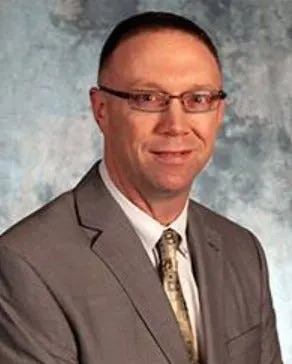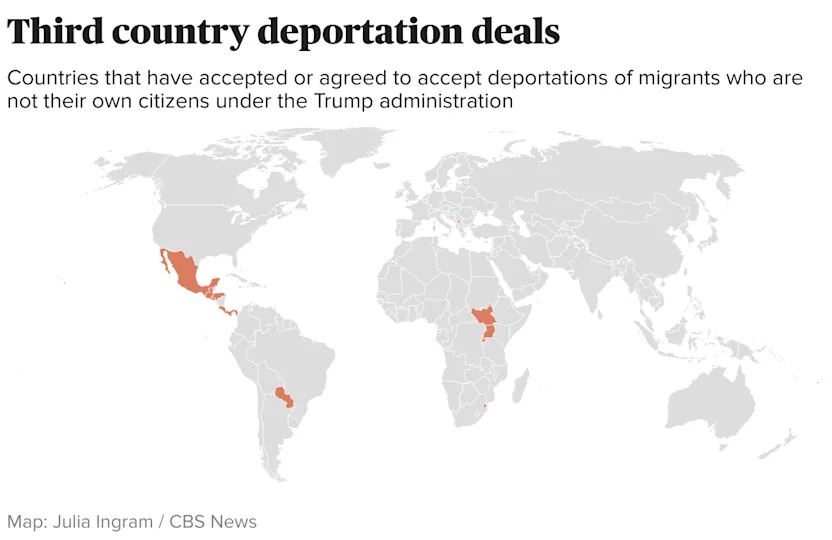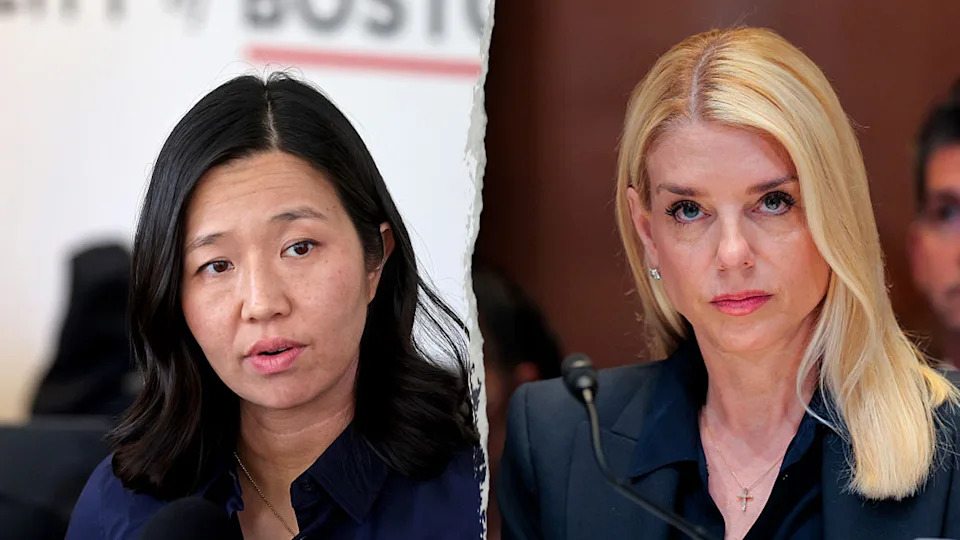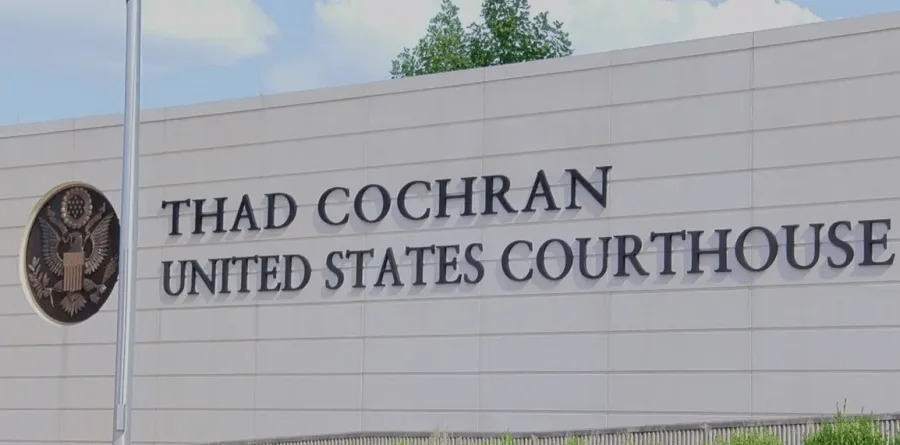
A sign for the Independence School District inside its main office (Vaughn Wheat/The Beacon).
A state audit of the Independence School District found the board discussed the four-day school week and other topics during closed meetings, violating the Missouri Sunshine Law.
The district also had problems with cash handling procedures and hadn’t created policies on retaining electronic records, the Aug. 18 audit report said.
But overall, the audit “has found the district to be well managed with only minor issues that need to be addressed,” the auditor’s office wrote in a news release.
The audit rated Independence schools “good” in the areas audited, the second-highest rating out of four options.
“I believe it’s extremely important that we give taxpayers and parents a better understanding of how effective and efficient their public schools are with the tax dollars they are given,” Missouri Auditor Scott Fitzpatrick said in the news release. “I think they can be confident the Independence School District is operationally sound and well run.”
Interim Superintendent Cindy Grant said she was “ecstatic about the outcome” and “very proud to be only the third district in the past decade to earn a rating of ‘good’ on the state audit.”
She noted Independence had only three concerns listed, fewer than the two other districts that earned a “good” rating, and said the results reflect well on district staff, who have “done an outstanding job.”
“We’re committed to being responsible stewards of taxpayer dollars,” she said. “We appreciate the thorough examination of our processes and district spending.”
But in the release, Fitzpatrick criticized the district for spending money on a November 2024 lawsuit attempting to overturn a requirement for a public vote on the four-day school week. The district argues that there is no rational basis for the law to apply to only certain districts.
“This decision has massive implications for families who rely on the district to provide an education for their children,” he wrote. “Attempting to deny them an opportunity to have their voices heard at the ballot box is a concerning decision.”
Grant said the four-day school week has helped improve the district’s teacher retention rate as well as the average years of experience that teachers hold.
“We’re going to focus on doing what’s right for kids and our families and appreciating the support our community gives us,” she said.
Fitzpatrick said when he launched the audit that it wasn’t prompted by specific concerns but rather is part of his mission to audit more school districts, even if they aren’t accused of wrongdoing. He selected Independence in part because it’s a large district that switched to a four-day school week.
The audit includes the district’s responses to the noted issues, which promise to resolve the problems and note that some solutions are already in progress.
“This time of year, the start of the school year, it’s just making sure everyone knows the processes and procedures and the expectations,” Grant said.
Grant currently leads the district while the board begins a search for its next superintendent.
What the audit found
The audit’s findings are divided into three sections. Areas in which there are no recommendations for improvements are not included in a state audit.
Cash handling
Auditors reviewed six schools and found that staff members didn’t always follow district policies.
For example, money collected from things such as activity fees and event admissions should be deposited quickly with the proper paperwork and procedures. Not doing so “increases the risk of loss, theft, or misuse of funds,” the audit report said. That didn’t always happen.
The audit also found small discrepancies in the $200 change fund that each school is supposed to maintain.
In the report, the district said it has implemented a new system called MySchoolBucks and strengthened its procedures for handling cash.
Sunshine Law violations in board meetings
Under the state’s open meeting law, known as the Missouri Sunshine Law, school boards are supposed to hold most of their conversations in public. The only exceptions are specific topics such as legal or personnel issues that need to remain private.
Meeting minutes show closed meeting topics that should have been discussed in public, the audit report said.
In one meeting, the board discussed the four-day school week, watched a presentation that included data from a survey and discussed doing more surveys. In other meetings, the board discussed putting the operational tax levy on the ballot and talked about course credits and class rank for transfer students.
The audit doesn’t note exactly when those meetings happened, but says the board held 27 closed meetings from July 1, 2022, through June 30, 2024.
“Discussion of unallowable topics in closed meetings reduces public transparency,” the audit report says. “The Superintendent indicated the Board discussed these topics before realizing the Sunshine Law did not allow these discussions in closed meetings.”
Board and community members had previously raised concerns that the board wasn’t using closed sessions appropriately and needed more guidance.
A Beacon analysis from late 2022 found that board members had always voted unanimously in public sessions for at least 10 years until June 2022, when board member Anthony Mondaine broke that trend. That raised concerns that members were either rubber-stamping proposals or holding substantive discussions behind the scenes.
In February 2023, Mondaine suggested that the board should have an attorney present during all of its closed session meetings. During public comment at that meeting, former Independence City Councilmember Marcie Gragg said it could help the board avoid having conversations that should have been in open session.
“There have been at least a couple of cases where citizens were directed to address this board in closed session when their issues did not meet the legal requirements,” she said. “Legal counsel could have advised this board that this was not appropriate.”
During public comment at the same meeting, parent Wendy Baird described a time she had been directed to a closed session meeting to share her concerns with virtual schooling in the district, a topic she didn’t believe should have been handled in closed session.
“If our board leadership cannot distinguish between what is appropriate for closed or open session under Missouri state law, then yes, you do need legal guidance,” she said. Baird was later elected to the school board.
In the audit report, the school district pledged to review closed session agenda items more closely and steer unplanned conversations away from items that should be public.
Electronic records
The final item noted in the audit is that the district should have a policy for retaining electronic records, including text messages and emails.
The law “provides that all records made or received by an official in the course of his/her public duties are public property and are not to be disposed of except as provided by law,” the audit says.
In the report, the district committed to working with legal counsel to develop the proper procedures.
Why the Independence School District audit happened
School districts routinely do financial audits. An audit from the state is different. It looks beyond finances and may come in response to specific concerns raised by citizens or the Department of Elementary and Secondary Education.
For example, in March the auditor’s office launched an investigation — which could turn into a full audit — after a whistleblower raised concerns about potential inappropriate spending and other problems with money management in the Hickman Mills School District in Kansas City.
During the past year, Fitzpatrick’s office published audits of the Kingston K-14 School District in Washington County, southwest of St. Louis; the Francis Howell R-III School District in St. Charles County; and St. Louis Public Schools.
The Kingston audit came in response to a formal citizen petition. Fitzpatrick used his power to audit districts at his discretion for the other two audits, but he launched both with a sense that there were specific problems or allegations to investigate.
Independence’s audit is unusual in that Fitzpatrick said he wasn’t responding to complaints or requests from the public.
Rather, he wants to use his office to audit more school districts that aren’t suspected of wrongdoing.
For his first foray into that type of audit, Fitzpatrick said he chose Independence to balance out audits on the eastern side of the state, because its four-day school week schedule makes it interesting and because it’s a large district.
Fitzpatrick initially said he wanted to investigate schools teaching about sexuality, gender or “critical race theory” — which has become a catchall term for race- or diversity-related concepts that some parents or politicians may find objectionable.
Those topics aren’t mentioned in the Independence School District audit.
When the audit was announced in spring 2024, then-Superintendent Dale Herl told The Beacon he felt targeted by the state, especially on the heels of the new state law that would require Independence to seek voter approval for the four-day week schedule.
The law, focused on districts in charter counties and larger cities, came shortly after Independence had adopted the schedule. Rural districts have been using the four-day week schedule for more than a decade.
This article first appeared on Beacon: Kansas City and is republished here under a Creative Commons Attribution-NoDerivatives 4.0 International License.









Comments